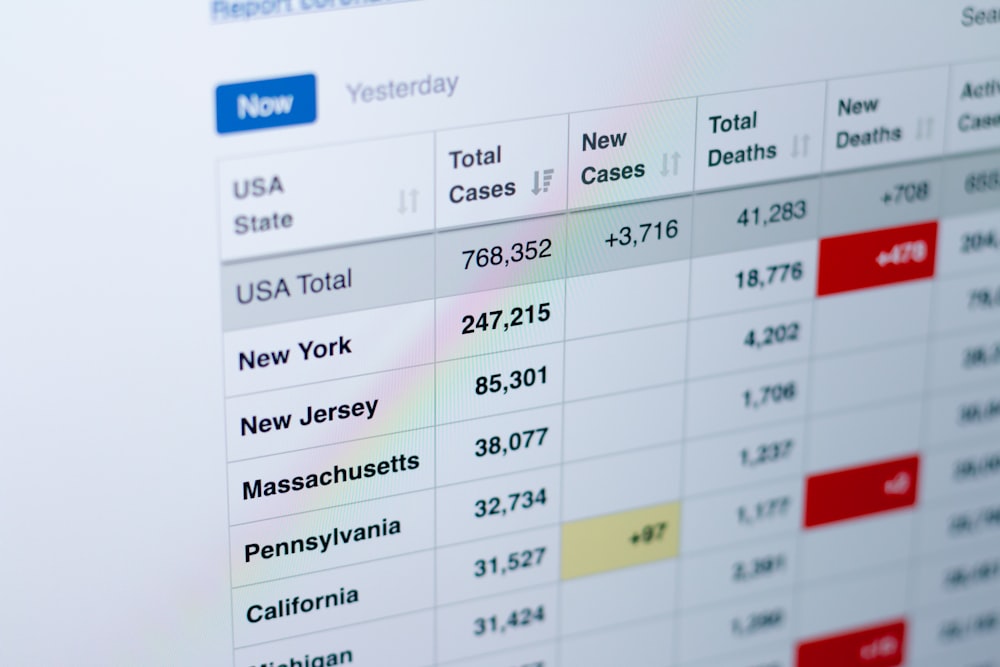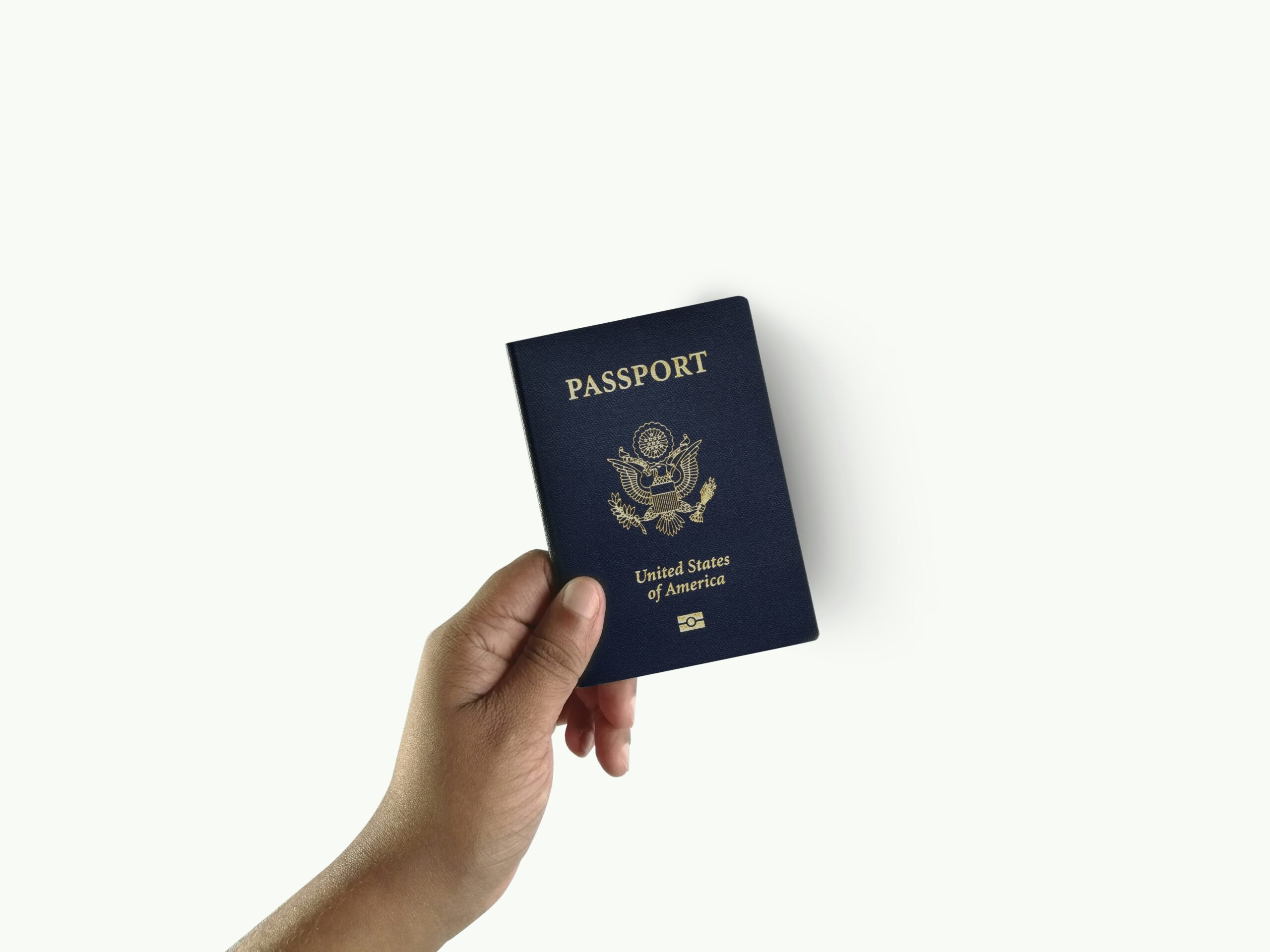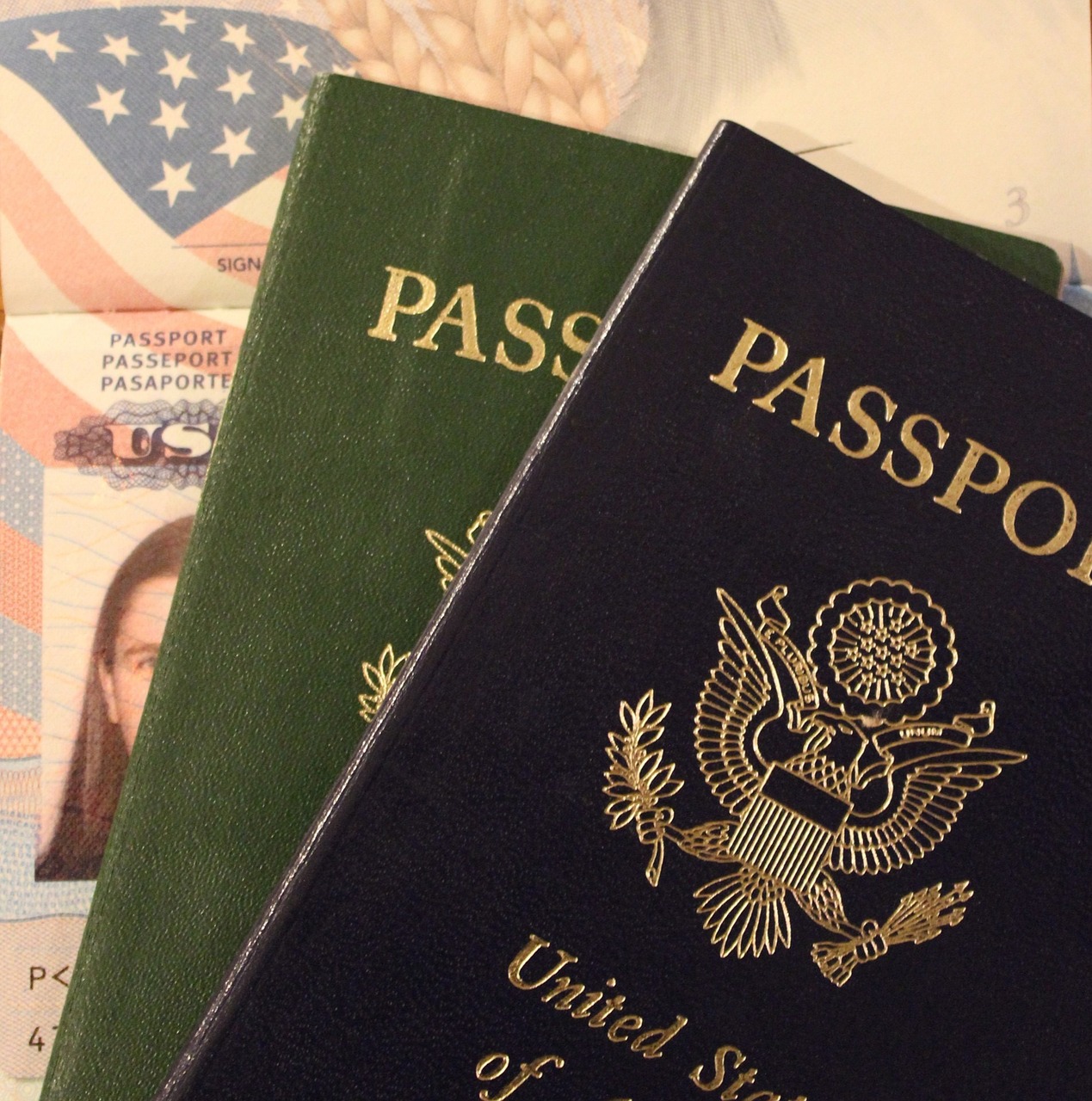
Identifying the fastest state to get a green card can feel like navigating through a maze.
The process is often confusing, filled with complex procedures and lengthy waiting periods.
But here's the thing...
Finding the fastest state to get a green card, understanding immigration laws, and knowing your best options can make all the difference between years of waiting or obtaining your permanent residency swiftly.
Read on to learn more about:
Table of Contents
The green card, officially known as the United States Lawful Permanent Residency, is a highly sought-after status. It grants immigrants the right to live and work permanently in the United States.
Obtaining a green card is a significant milestone to be a lawful permanent resident. And it can be achieved through various categories. The most common are family-based and employment-based applications.
One of the primary ways to obtain a green card is through family sponsorship. Lawful permanent residents and U.S. citizens may sponsor family members to immigrate to the U.S. and obtain permanent residency. These include spouses, parents, and unmarried children under 21.
The green card holders' immediate relatives have a higher priority. Generally, they experience shorter processing times compared to other family categories.
Employment-based green cards offer a pathway to permanent residency for a skilled worker, professional, and individual with extraordinary ability. These categories are subject to various preferences and priorities, affecting processing times.
Also known as the DV Lottery, the Diversity Visa Lottery is another avenue for individuals from countries with low rates of U.S. immigration. Each year, a select number of applicants are chosen randomly and allowed to apply for a green card.
More About The Green Card Service
State-specific factors can influence processing times. Still, USCIS endeavors to maintain consistent national standards for processing green card applications.
Due to the complexity of the immigration system and the numerous variables at play, variations between states are possible.
States with higher immigrant populations or industries that rely heavily on foreign workers may experience increased demand for green cards. Consequently, USCIS field offices in these states may face higher caseloads. And this could lead to longer processing times.
States with better-funded and well-staffed USCIS field offices may have a higher capacity to process applications efficiently, resulting in shorter processing times.
Some states might have USCIS service centers within close proximity. This allows for quicker transfer and processing of applications.
States with significant backlogs in immigration court cases may indirectly affect green card processing times. The USCIS might hold certain cases pending court outcomes.
Regional USCIS offices may have some flexibility in managing caseloads based on local priorities or economic considerations.
More Immigration Tips and News

The outbreak of the COVID-19 pandemic had far-reaching impacts on various sectors worldwide. And the U.S. immigration system was no exception. Green card processing times were significantly affected. There were delays and disruptions for many applications.
However, the pandemic's effects on processing times were not uniform across all states. Some states experienced more pronounced delays than others.
Here are the key factors that contributed to these delays and the potential state-level variations.
To safeguard the health of employees and the public, USCIS field offices and Application Support Centers were temporarily closed or operated with reduced capacity during the pandemic. These closures led to the suspension of in-person interviews and biometric appointments.
The shift to remote work arrangements posed challenges for USCIS personnel. This has led to possible staffing shortages and communication difficulties.
The suspension of certain services and the continuation of essential operations at USCIS during the pandemic resulted in the accumulation of application backlogs. As the pandemic continued, the backlog increased, further affecting processing times.
During the pandemic, USCIS shifted its focus to prioritize emergency services, such as humanitarian and medical-related applications. This reprioritization may have further impacted the processing of regular green card applications.
Applicants outside the U.S. faced difficulties attending interviews. They also struggled to obtain an immigrant visa number.
States with higher infection rates and stricter lockdowns might have faced more significant disruptions in USCIS operations.
To mitigate the impact of the pandemic, USCIS accelerated its digital transformation efforts. This includes offering more remote services. However, implementing these new processes might have differed across states.
Navigating the green card process can be complex. These tips can improve your chances of becoming a green card holder, regardless of the state you reside in.
Begin by thoroughly researching the green card application process. Look into the different categories, requirements, and forms needed.
Understanding the process will help you prepare the necessary documents. This helps avoid unnecessary delays.
Select the most suitable green card category based on your eligibility and circumstances. Whether you are applying through family sponsorship, employment-based immigrant visas, or other avenues, ensure you meet the criteria for that specific category.
Complete your application forms accurately and thoroughly. Errors and omissions can lead to delays or even denials.
Double-check all information. And if you are unsure about anything, seek guidance from reliable sources or an immigration attorney.
Provide ample supporting documentation to strengthen your case. This may include:
Keep all your documents and correspondence related to your green card application organized. This will help you promptly respond to any requests from USCIS. It also ensures you don't misplace essential paperwork.
Respond promptly to any communication from USCIS. If they request additional information or evidence (Request for Evidence or RFE), address it quickly to avoid delays in processing.
Ensure you submit the correct filing fees with your application. USCIS fees may change over time. Thus, verify the most up-to-date fees on the USCIS website.
For eligible employment-based green card applications, you might have the option of expedited processing through the USCIS Premium Processing service. This can speed up the adjudication process.
Keep up-to-date with immigration policies and any changes that might affect your application. USCIS often updates its procedures. Being informed will help you adapt your strategy accordingly.
Green card processing times can vary, and delays are not uncommon. Remain patient throughout the process. Also, follow up on your application's status when appropriate.
If your green card application involves complexities, contact an experienced immigration lawyer. They can navigate the intricacies of your case and provide personalized advice..
Navigating the complex maze of immigration laws can be daunting.
The consequences of making a mistake could be grave. It could also disrupt one's plans to obtain lawful permanent residence in the U.S.
This is where licensed immigration attorneys, like those at Hacking Law Immigration LLC, come into play.
They offer invaluable assistance by simplifying intricate legal processes for green card applications. They also ensure compliance with all requirements.
Mistakes on forms or missing deadlines may lead to delays or even rejections of your application. A seasoned attorney can avoid these common pitfalls. Thus, expediting your path to obtaining a green card.
Immigration violations might jeopardize one's eligibility for permanent residence.
Green card processing times may vary by state as determined by USCIS. It also greatly depends on factors like eligibility category, home country, and specific circumstances.
The Diversity Immigrant Visa Program offers one of the quickest routes to obtain a green card. But it's based on luck. Family-based visas for immediate relatives also offer faster paths, typically within 1-2 years.
Processing times for green cards fluctuate based on various factors, so they may not necessarily be faster currently.
Securing a green card can feel like an uphill battle. The process is intricate, and the wait times are often long. Errors in the immigration process could lead to serious consequences. It could potentially endanger your prospects of attaining a green card.
Navigating citizenship and immigration services requires understanding complex forms and procedures.
If you're looking for guidance in this journey toward finding the fastest state to get a green card - don't do it alone. Consider reaching out to Hacking Immigration Law, LLC. Our team specializes in navigating through these complexities of immigration law and the processes involved in applying for U.S. citizenship.
Let us help you expedite your application process. Let's make your dream of becoming a permanent resident come true!








